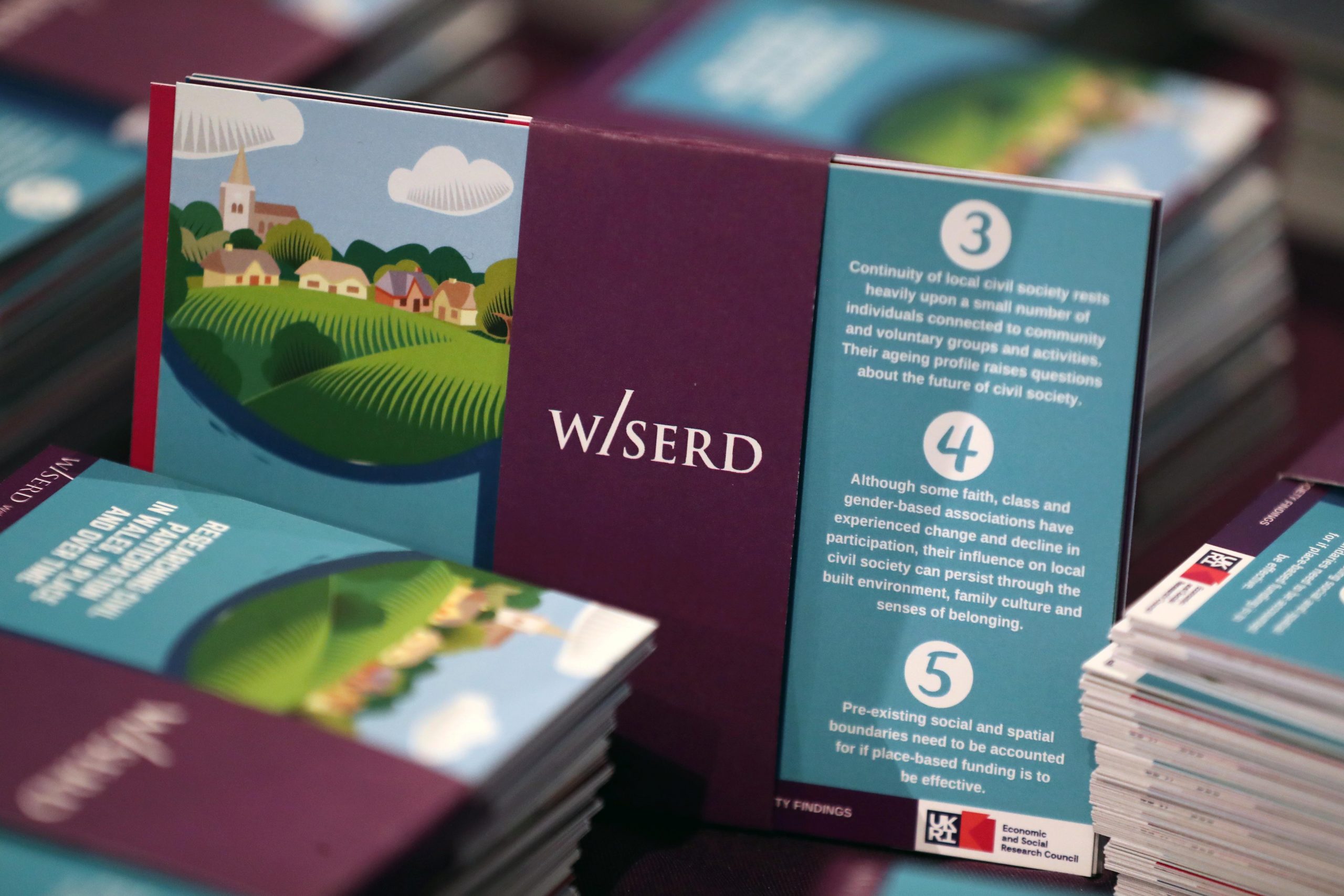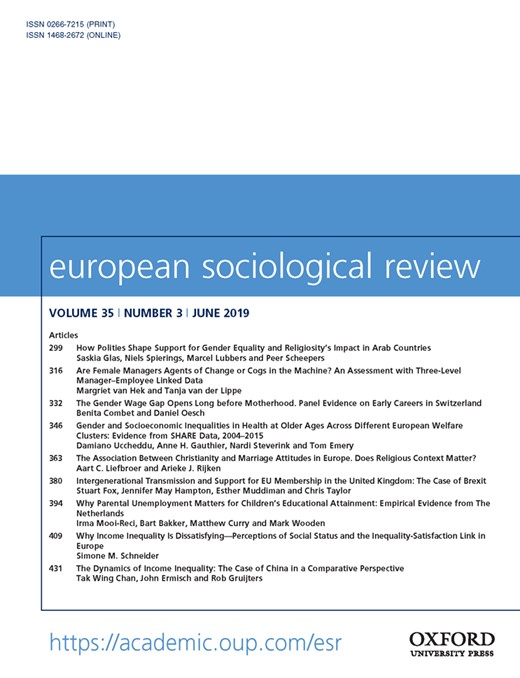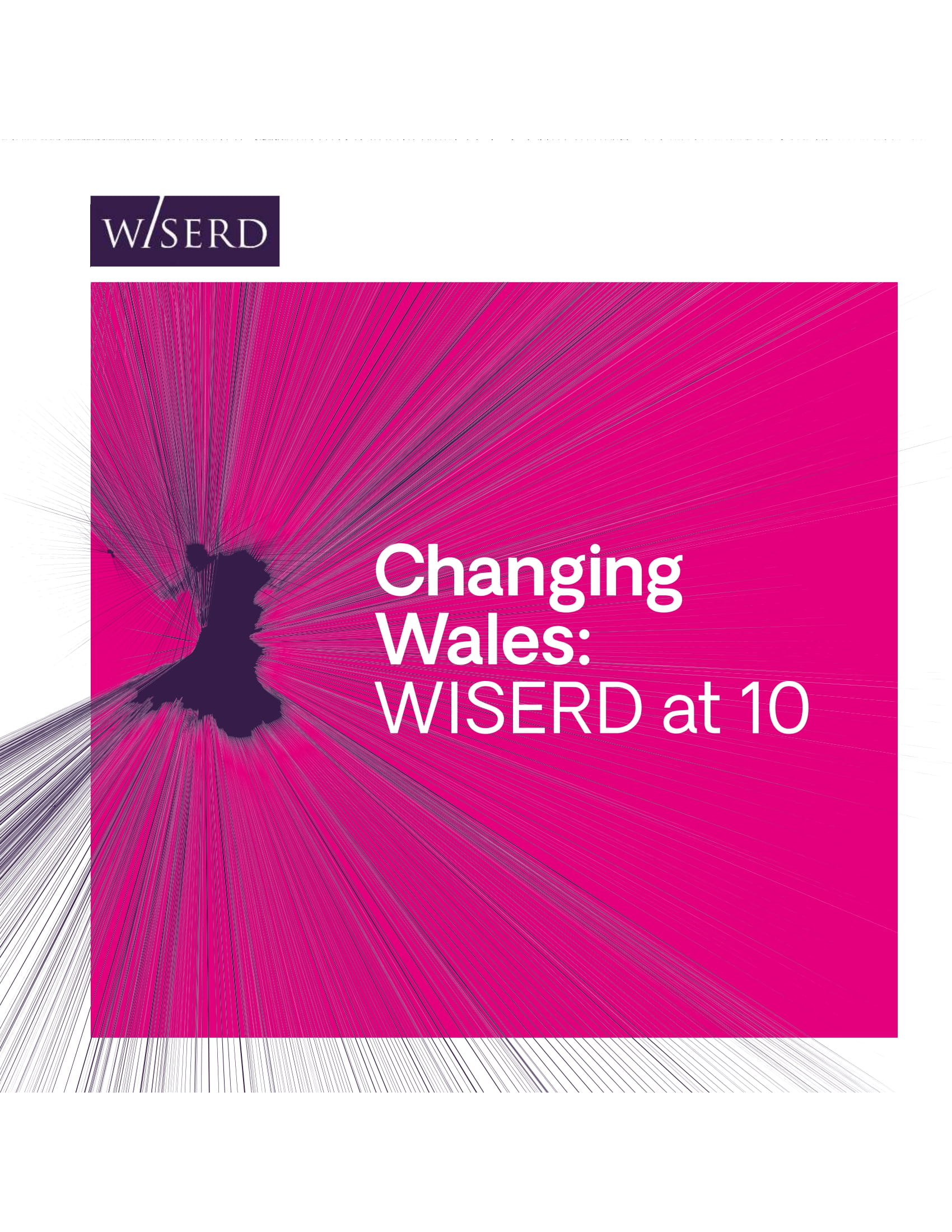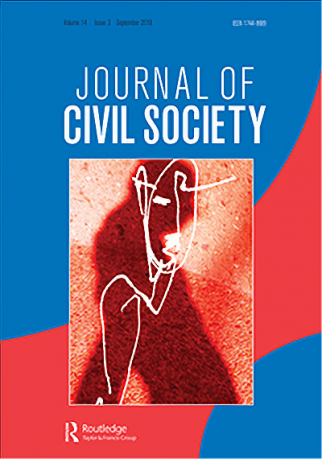Mae'r cynnwys hwn ar gael yn Saesneg yn unig.
Overview
Within the social science literature, the relationship between the family and civil society is complex and contradictory. While some theories place the family as the cornerstone of civil society, others put the family firmly outside civil society. Indeed, it is often argued that strong family ties weaken, rather than strengthen, the development of a strong civil society.
This project sought to address these arguments through some badly-needed empirical evidence of how and whether ‘civic virtues’ are passed down (or otherwise) from one generation to the next.
We used a mixed methods approach, combining analysis of questionnaire data from three generations with a series of qualitative interviews, to explore the transmission from one generation to the next of those skills, dispositions and values that foster civil society engagement.
Research Questions
The broad aim of this project was to explore the significance of intergenerational transmission for civil society. More specific objectives and research questions are:
1. How is the family positioned in relation to conceptualisations of civil society?
a. Is the family situated ‘outside’, ‘within’ or somewhere ‘in between’ the state, the market, and civil society?
b. Is the family portrayed as a cradle for selfishness or generosity?
c. What are the key dichotomies evoked in the literature on families and civil society, and how might we critique them?
2. Do strong family ties support or undermine civil society engagement?
a. To what extent is there an intergenerational transmission of those skills, dispositions and values that promote civil society participation?
b. What ‘civic virtues’ are lost in transmission?
c. What is the significance of social class, gender, ethnicity and religion in the transmission of ‘civic virtues’?
d. To what extent can families be seen as sites of civil activism, and of what kind?
In order to answer these questions, there have been two distinct phases of data collection.
Phase 1: The first phase involved questionnaire surveys of nearly 1000 young people, followed by surveys of a sample of their parents and grandparents. These data are being used to map patterns of intergenerational transmission according to social class, ethnicity, geography (including the physical proximity of family members to one another), national identity, religiosity and political affiliations.
Phase 2: Building on the first phase, up to 25 families have been chosen for further qualitative research. This has involved interviews with grandparents and parents, as well as the development of ‘inheritance maps’ which is helping us trace out the nature and processes whereby particular skills, values and dispositions are passed down between different generations of the family.










